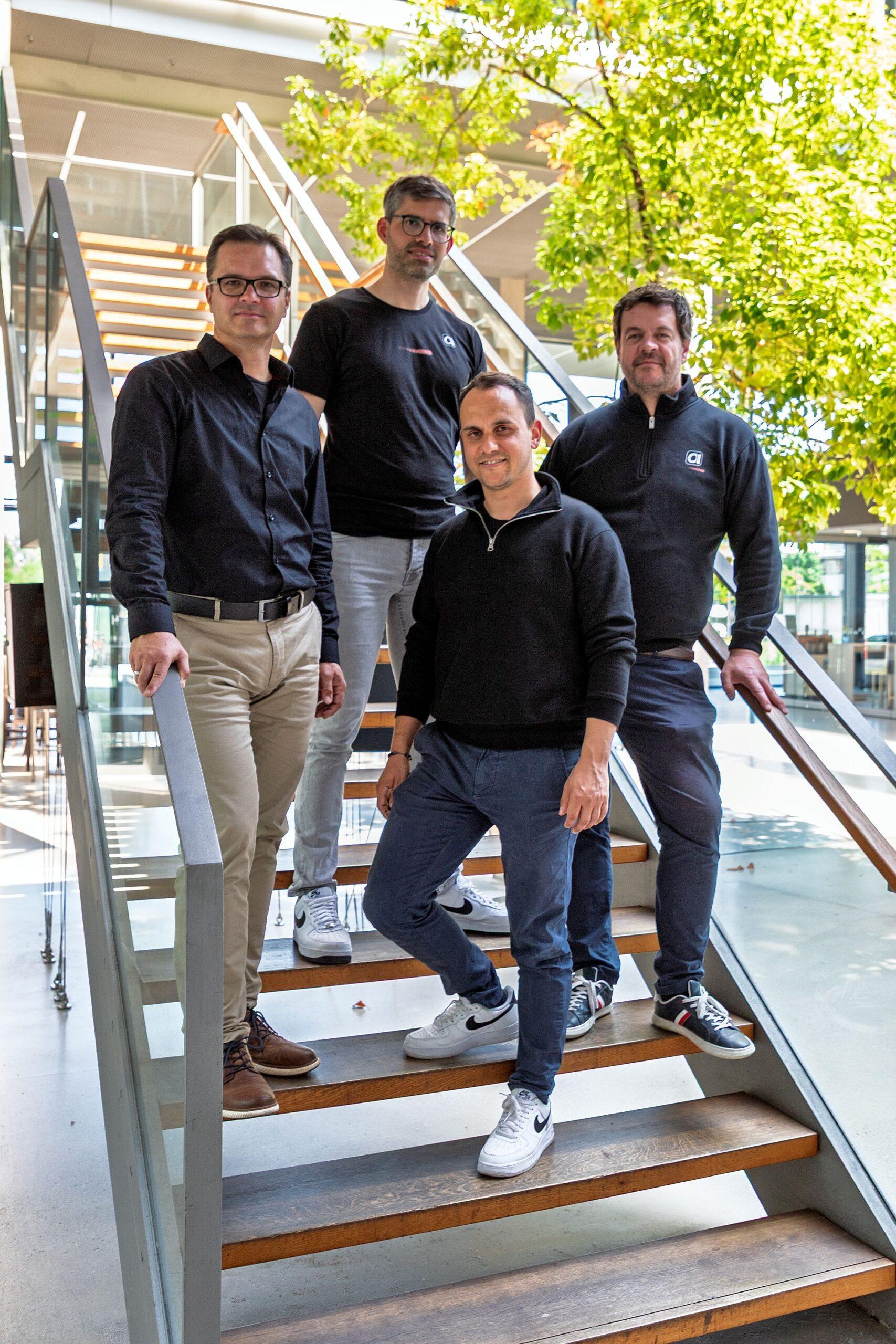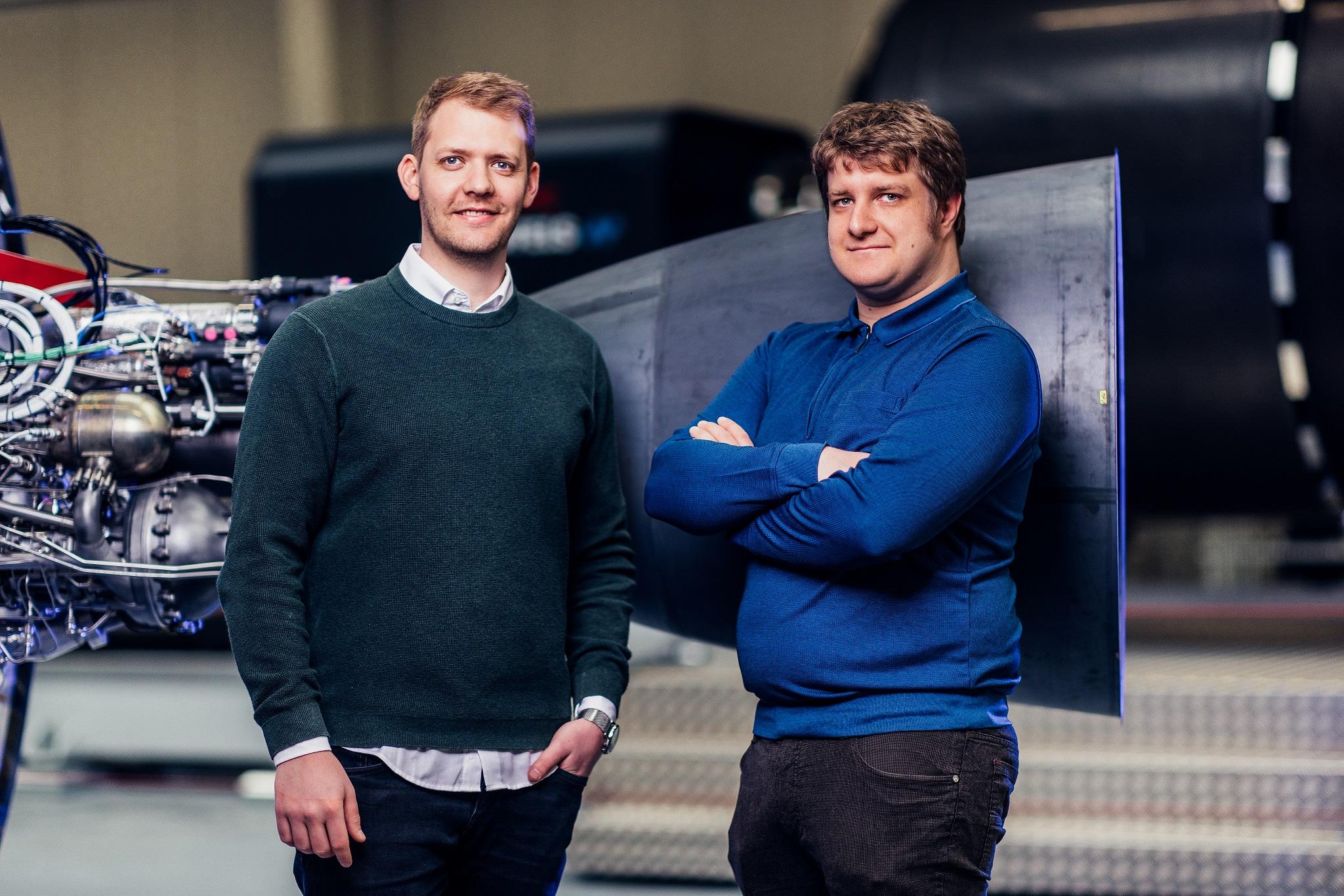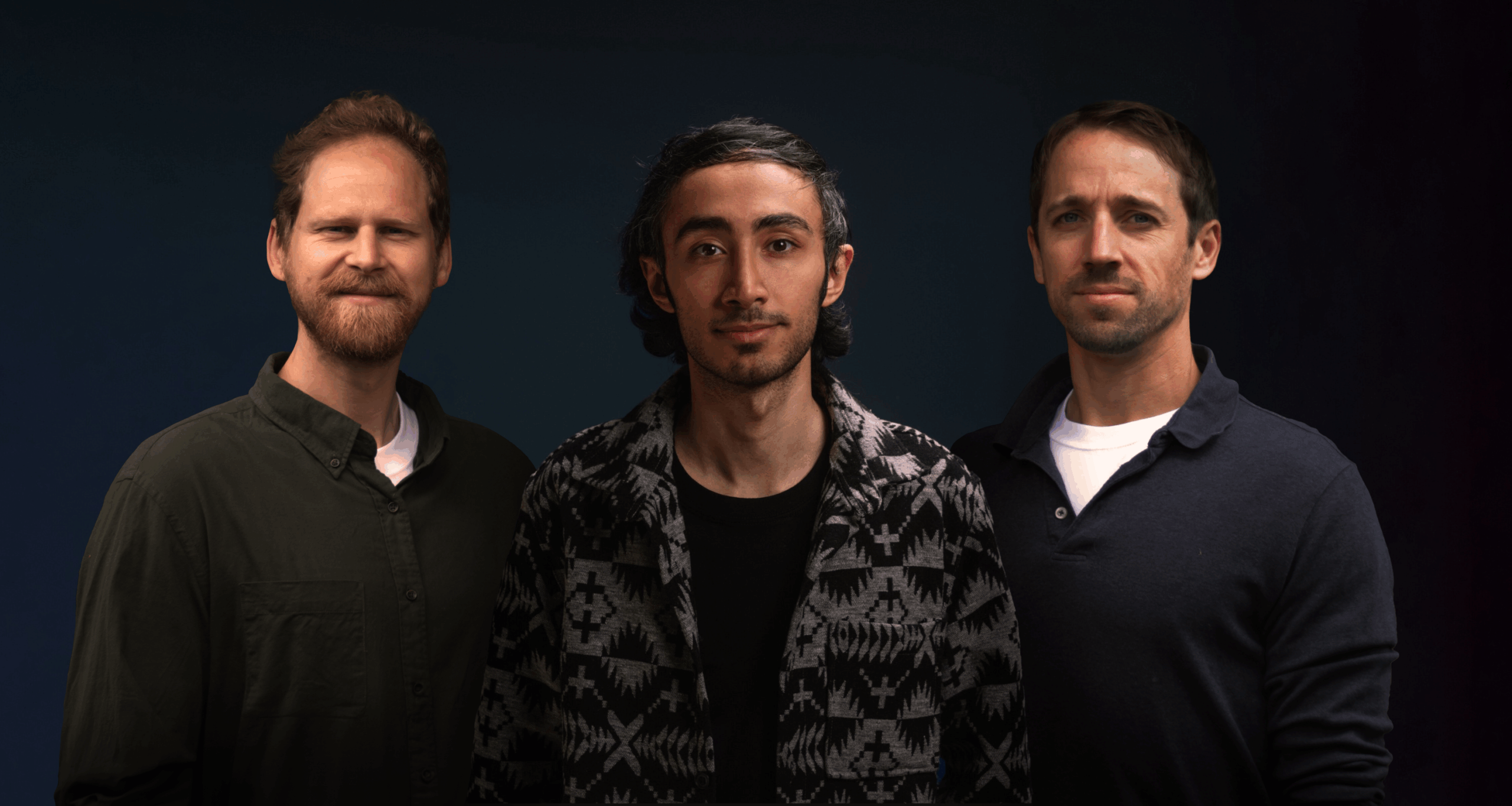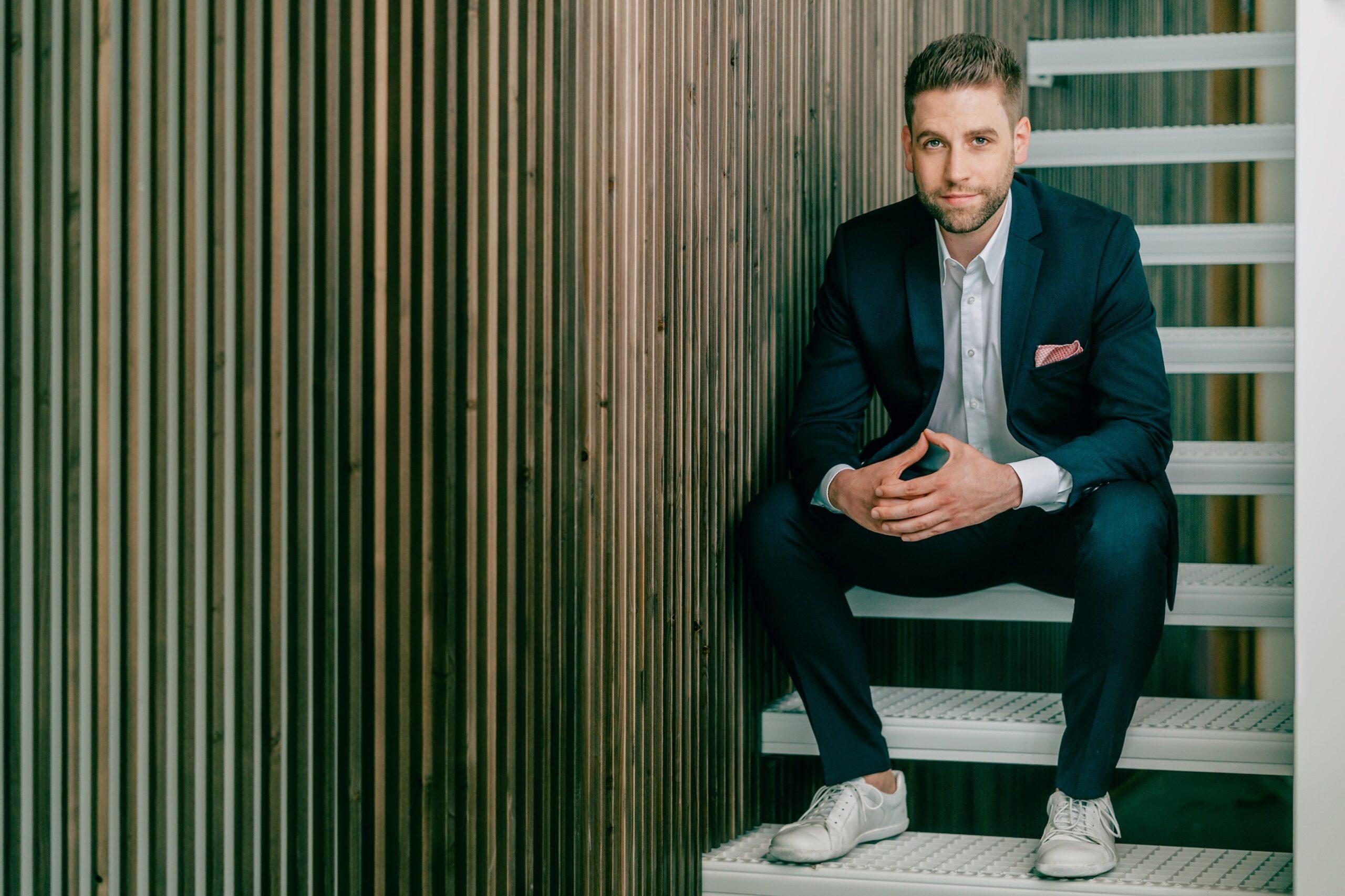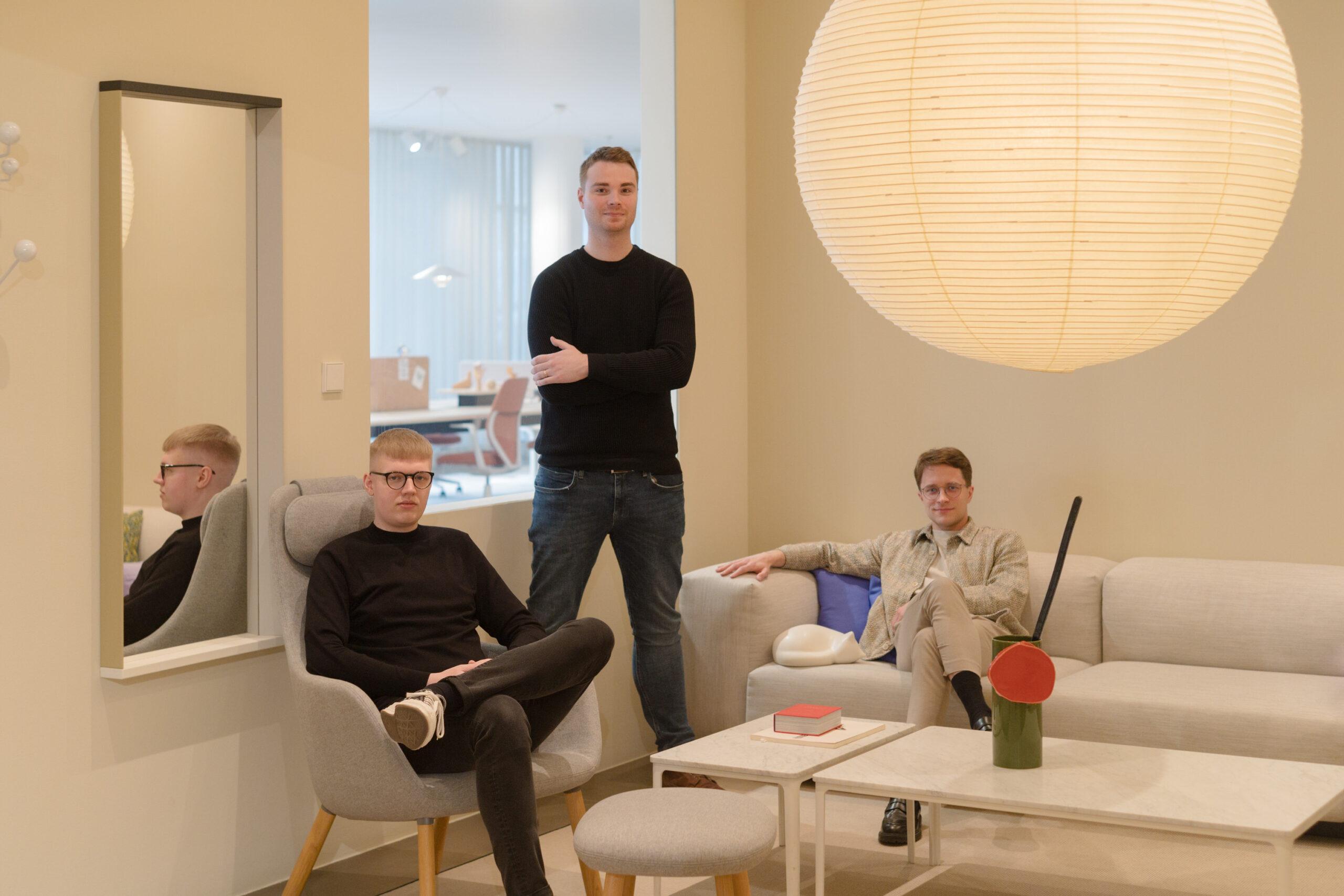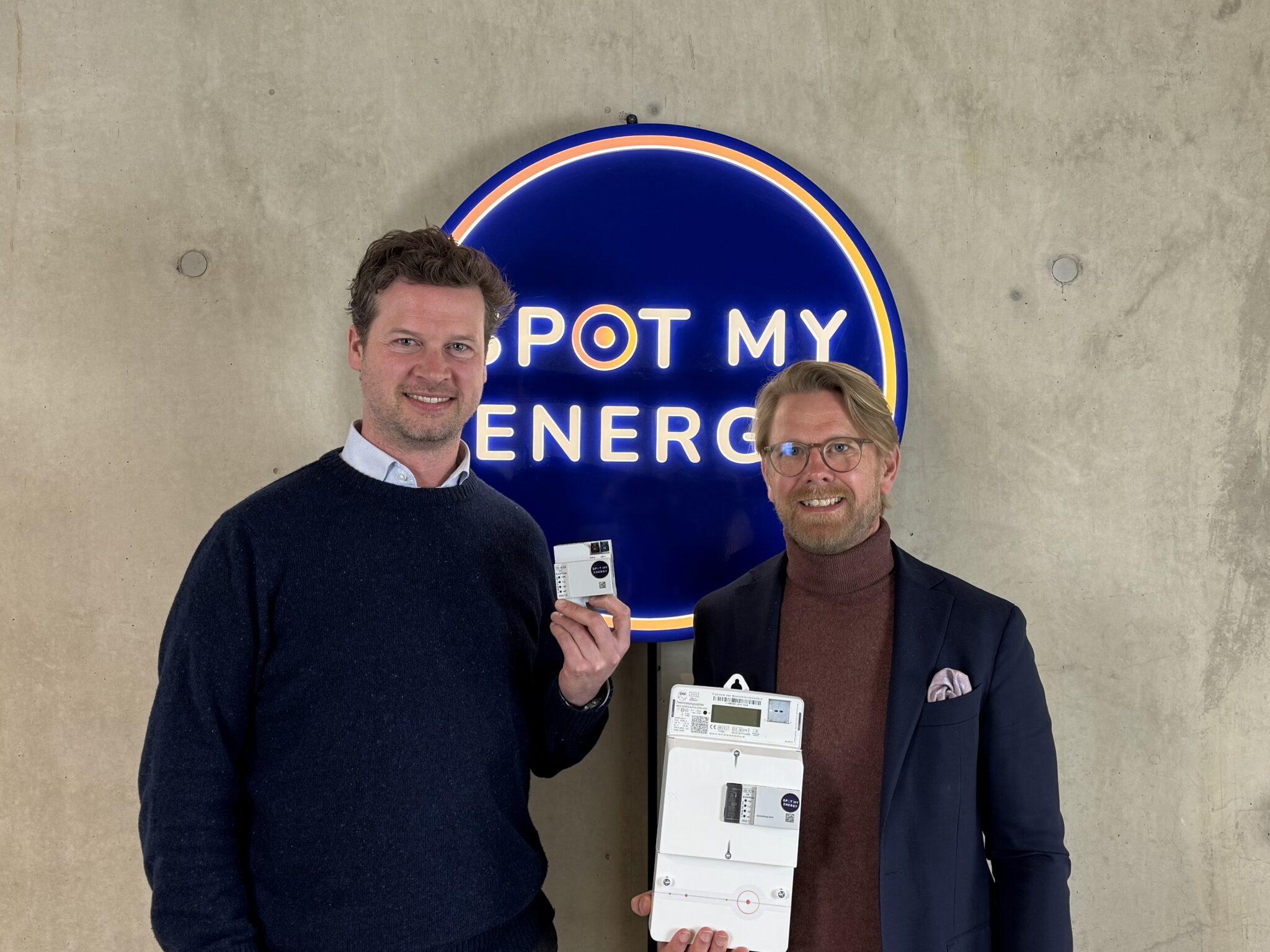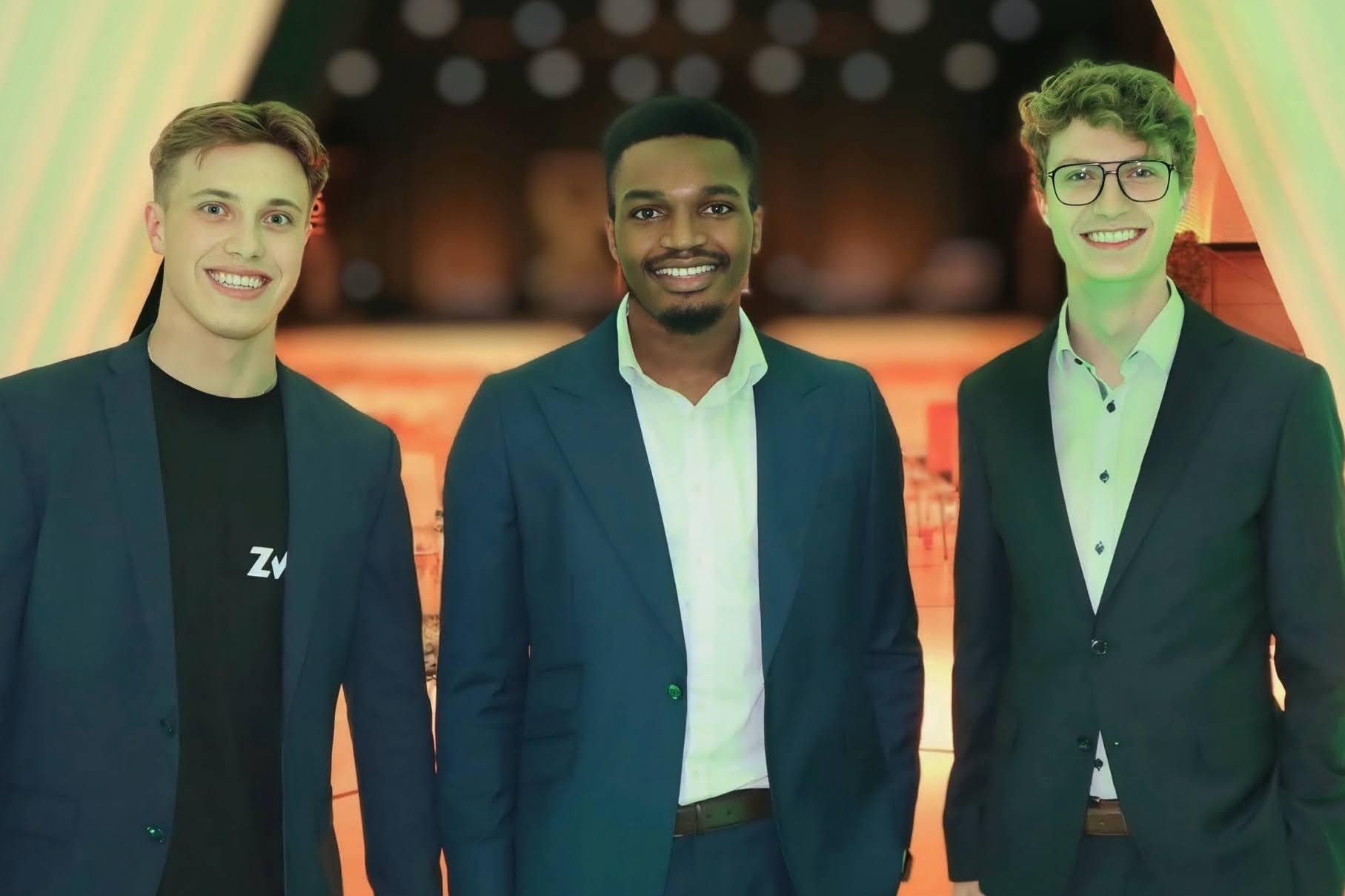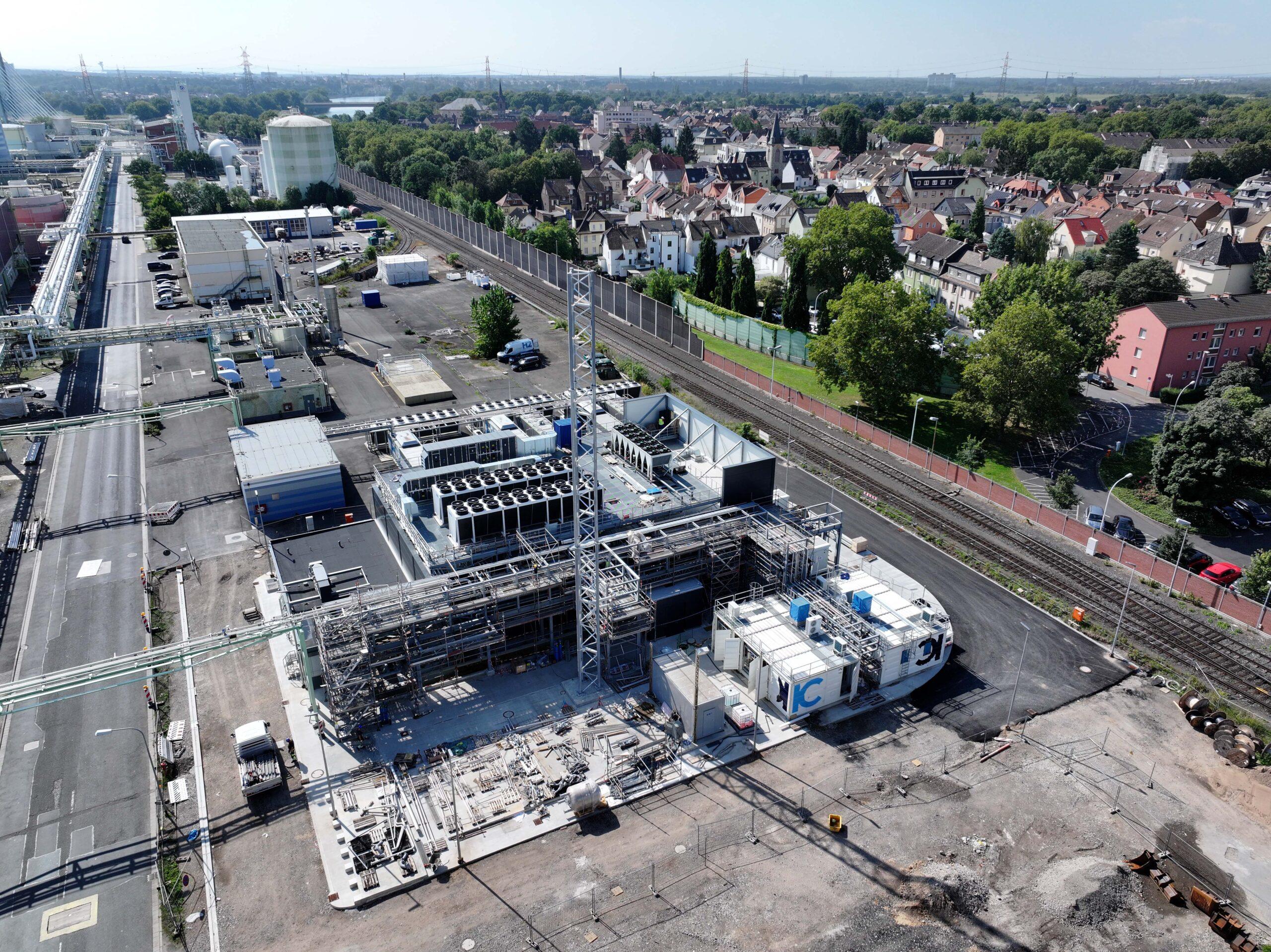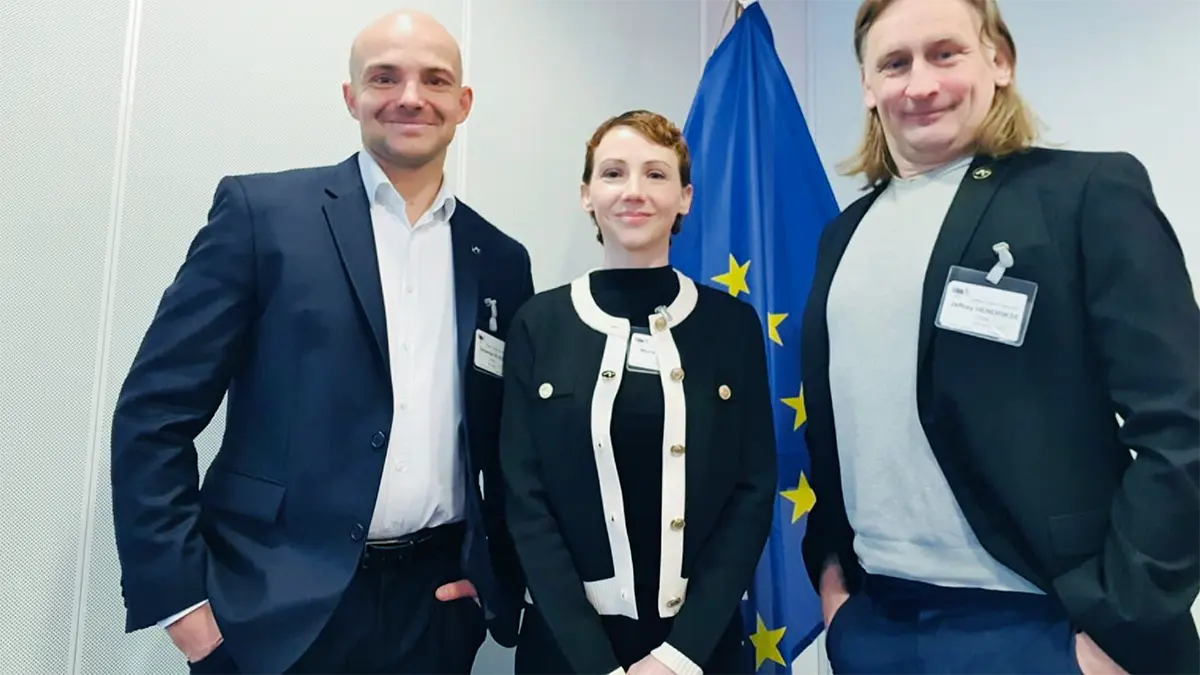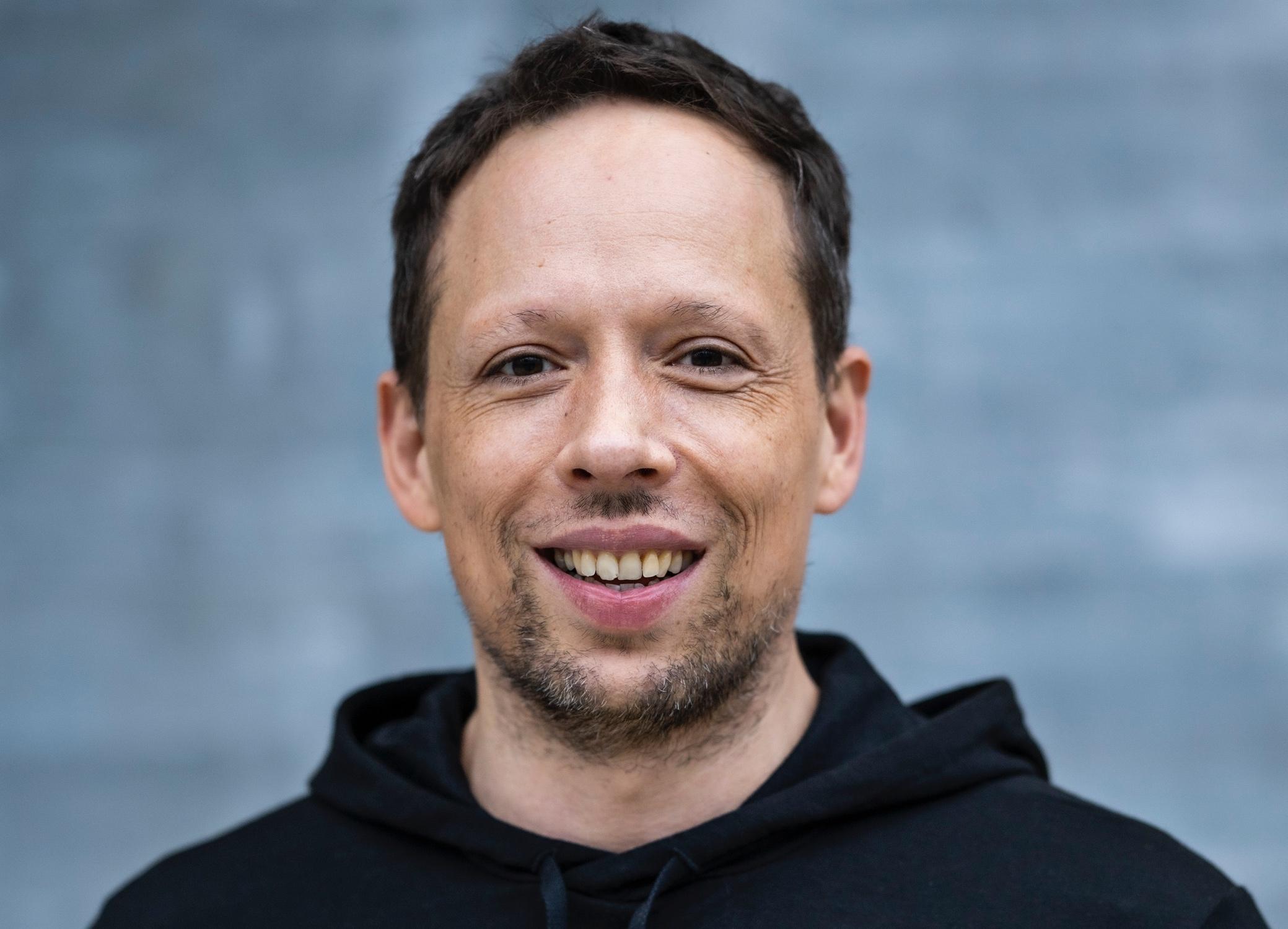"We want to scale our impact"
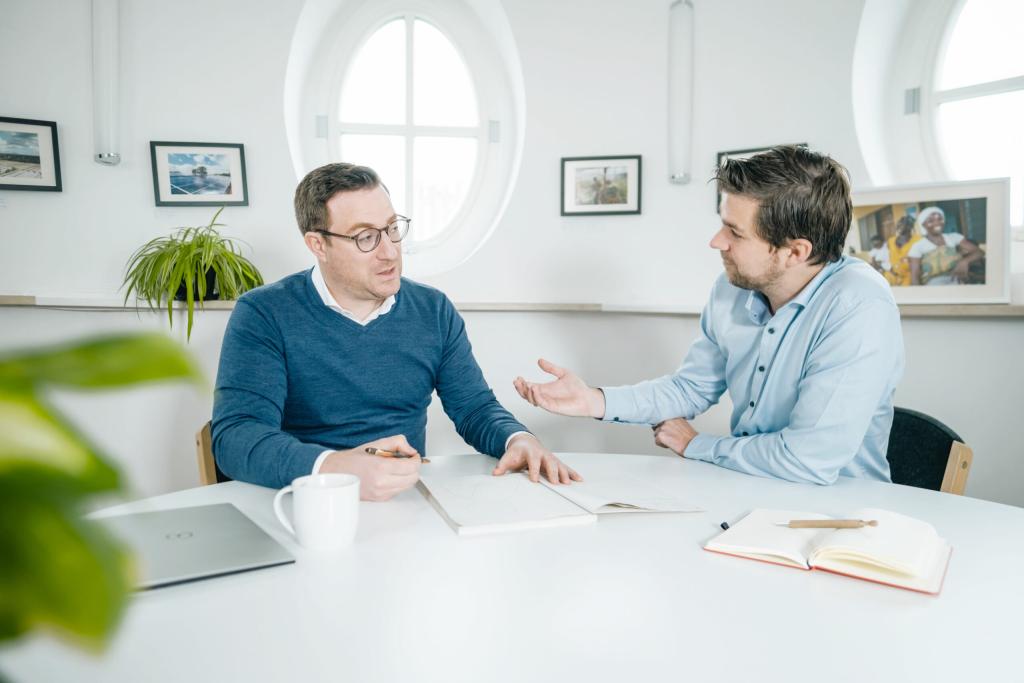
With a recently completed financing round behind him, Ecoligo founder Martin Baart wants to take the next step and accelerate the fight against climate change. Time is of the essence.
Martin Baart is on the move. At the end of last week, he was proud to announce that his start-up Ecoligo had raised ten million euros in its Series A financing round. Now it's time for the founder to hop on a plane to Madrid to continue discussions with his new investor. Because there is a lot to do: Ecoligo uses crowdinvesting in Germany to finance the energy transition in developing and emerging countries. And the transformation of the economy there is often still in its infancy.
You are trying to finance the construction of photovoltaic systems in developing and emerging countries with the help of private investors from Germany. Why don't you concentrate on Europe first? That would certainly be easier.
Because we can solve a financial market problem in countries in Africa, Asia and South America with our start-up. Companies there find it very difficult to obtain loans. On the one hand, the lending processes are very complex, on the other, interest rates are high and terms are short. However, infrastructure projects, such as the construction of solar plants, often take longer than two to four years. That's why we try to organize the money from here.
How does that work?
We organize the construction and maintenance of solar plants for our corporate customers on site. They then pay us for the electricity generated for a certain period of time. In the end, they also buy the solar cells on their factory building. This gives companies in countries such as Kenya, Vietnam and Panama the opportunity to obtain green energy. They become independent of the power supply in their country, which is often not good. We finance all of this through impact investors here in Germany.
To do this, you first have to find companies in the countries that can also manufacture solar systems of the desired quality.
Exactly, that's a pretty big challenge. We have local employees in the countries in which we are active who are constantly looking for suitable partners. Before we work with a local manufacturer, they have to undergo a qualification process. For example, they must have enough well-trained staff and be familiar with the regulatory requirements.
Why are local banks not interested in financing such projects?
Because the bankers there have often not really got to grips with the technology. It's similar to the situation in the financial sector in Germany perhaps 25 years ago. Those who don't understand the potential and misjudge the risk only offer loans on far too high terms. However, there are already training programs from Europe for bankers there, so understanding is increasing.
Don't you then have to worry about your own business model?
I don't think so. The potential there is huge and demand from companies is very high. We also offer our corporate customers a secure financing model, as we also take care of maintenance, insurance and operational management. If a spare part is needed, we replace it immediately, at no extra cost to the customer. With a bank loan, customers would still have to repay the loan, even if the solar system is no longer running and therefore no longer generating any savings.
Why do you focus primarily on German private investors and not on institutional investors?
We deliberately offer investments via our platform from as little as 100 euros in order to offer sustainable investments to as many people as possible. We also see the extremely high demand for impact investments from private individuals. However, institutional investors can also invest with us. They often take on a large part of the financing for an individual project and our impact investors provide the rest of the required amount.
Who are the private investors who participate in your projects via crowd investing in Germany?
We basically have three different types of investors. Firstly, there are very young people who invest a few hundred euros and only have a small overall portfolio. Then we have many investors between the ages of 35 and 50, we call them renewable professionals. They sometimes invest in the four-figure range. And then, of course, we also have the classic impact investors who invest up to 25,000 euros. We now have so many projects at the same time that we can also serve institutional investors.
If crowdinvesting is going so well, why do you need another round of financing?
We now want to scale our impact. To do this, we want to extend our market lead in existing markets, expand our teams and increase customer loyalty. In addition, only customers with a German account can currently invest via Ecoligo.investments, and we want to expand this to Europe. Ecoligo should also become attractive for family offices. It is also important for us to expand our digital platform. So far, you can see on our website how much CO2 has been saved across all projects. In future, however, we want to make it possible for each of our private investors to see exactly how much impact their current investment is generating.
FRV-X has invested the ten million euros. What are you hoping for from your new investor?
FRV-X is the innovation division of the global solar system manufacturer FRV. We both fit together very well. FRV is already active in the markets in which we are also represented. FRV is also a company that can support us not only with capital, but also with expertise and a wealth of experience. They share our vision 100 percent, namely to advance the energy transition there. That was extremely important to us, because we are fighting against the biggest crisis facing humanity, the climate crisis.
Many start-ups are finding it difficult to access venture capital this year. How long did you search for a suitable investor?
It took a good nine months from initial contact to investment. However, we already had several offers from other investors before that. As a company that has a business model that can grow sustainably even now in the crisis, it is not that difficult to obtain financing. We are currently experiencing a long overdue market correction. It was absurd how much money has flowed into some start-ups in recent years.
Thank you very much for the interview.
Personal details: Martin Baart tried in vain for several years to realize solar projects in Africa with local investors. When he returned to Germany, he turned the tables together with his co-founder Markus Schwaninger. With their start-up Ecoligo, they are now campaigning for urgently needed funds in Germany.

Newsletter
Startups, stories and stats from the German startup ecosystem straight to your inbox. Subscribe with 2 clicks. Noice.
LinkedIn ConnectFYI: English edition available
Hello my friend, have you been stranded on the German edition of Startbase? At least your browser tells us, that you do not speak German - so maybe you would like to switch to the English edition instead?
FYI: Deutsche Edition verfügbar
Hallo mein Freund, du befindest dich auf der Englischen Edition der Startbase und laut deinem Browser sprichst du eigentlich auch Deutsch. Magst du die Sprache wechseln?



